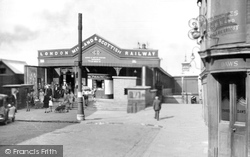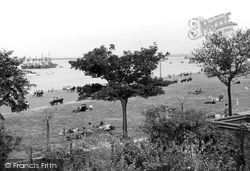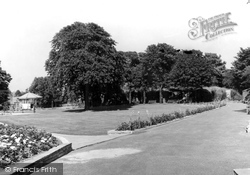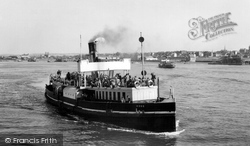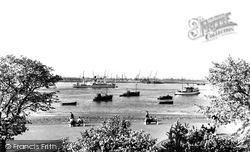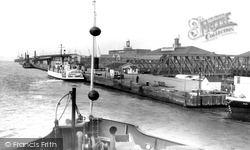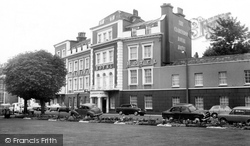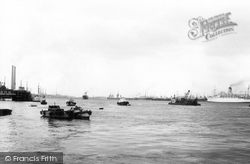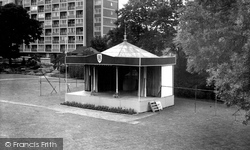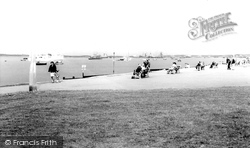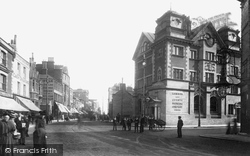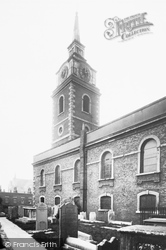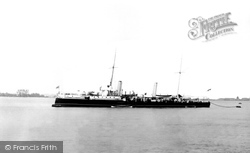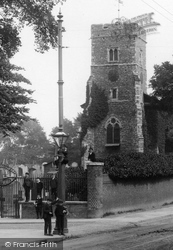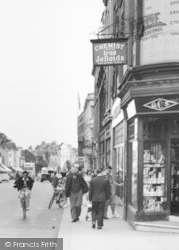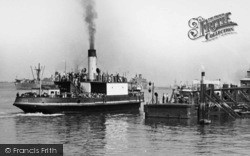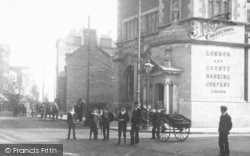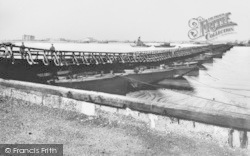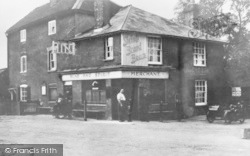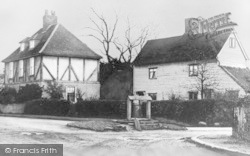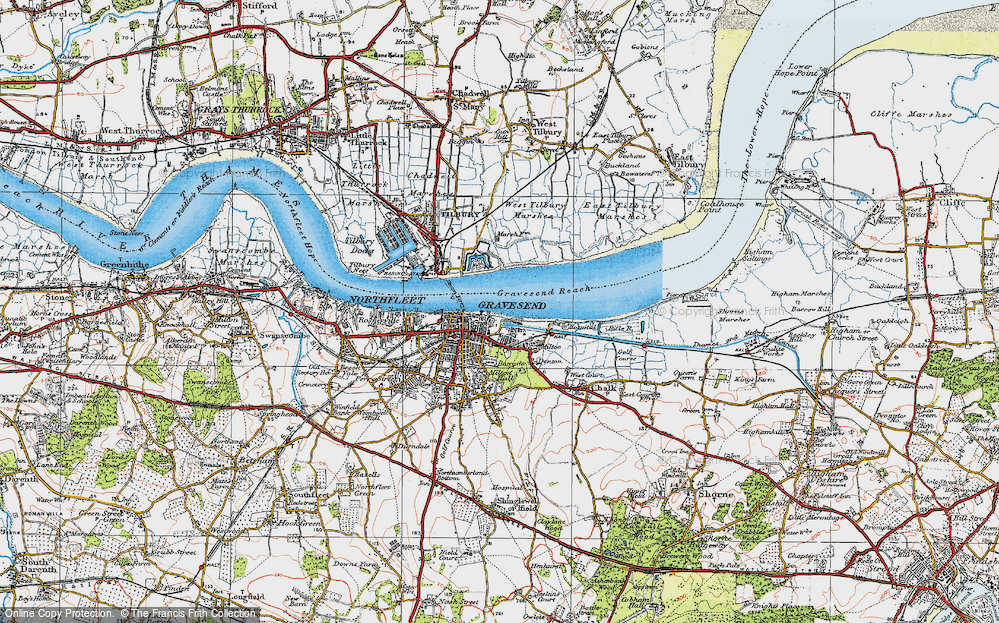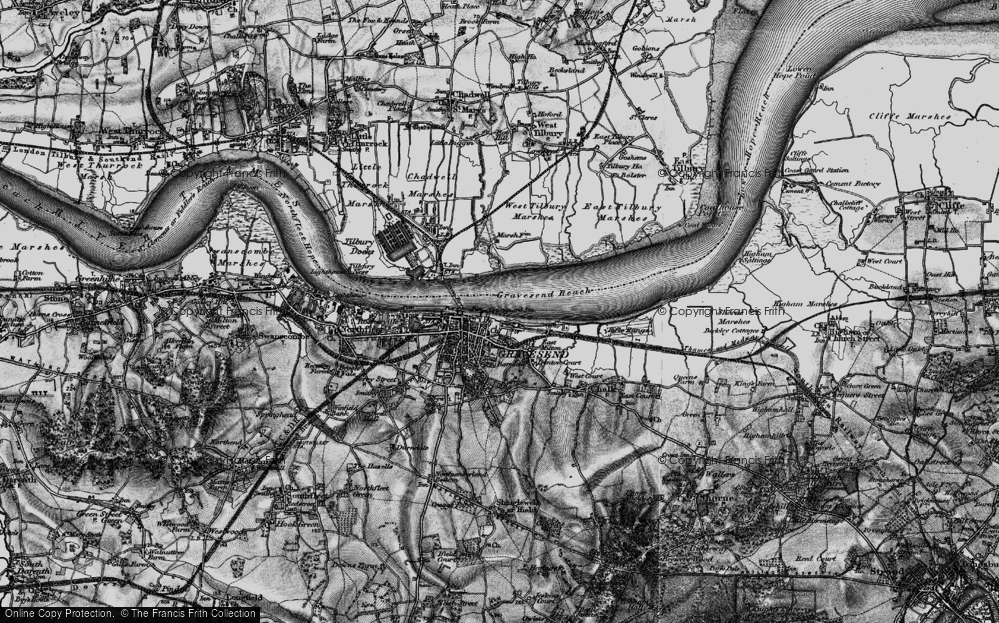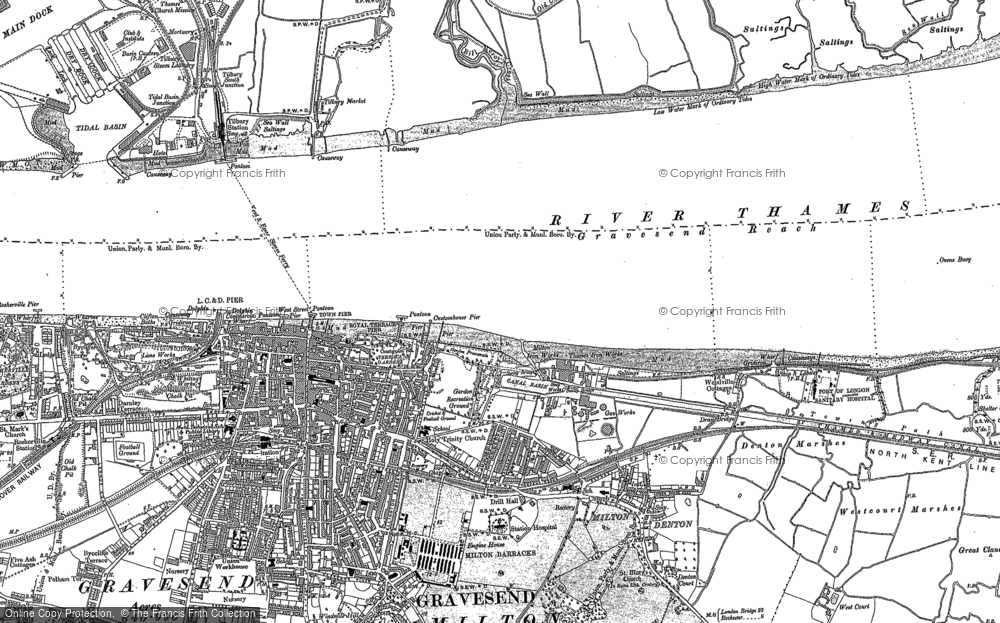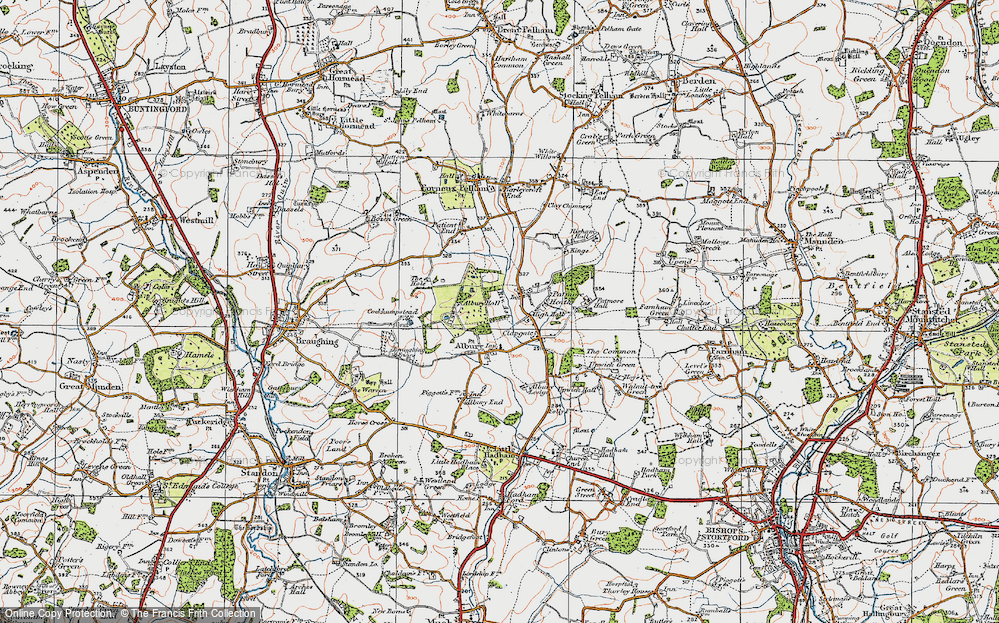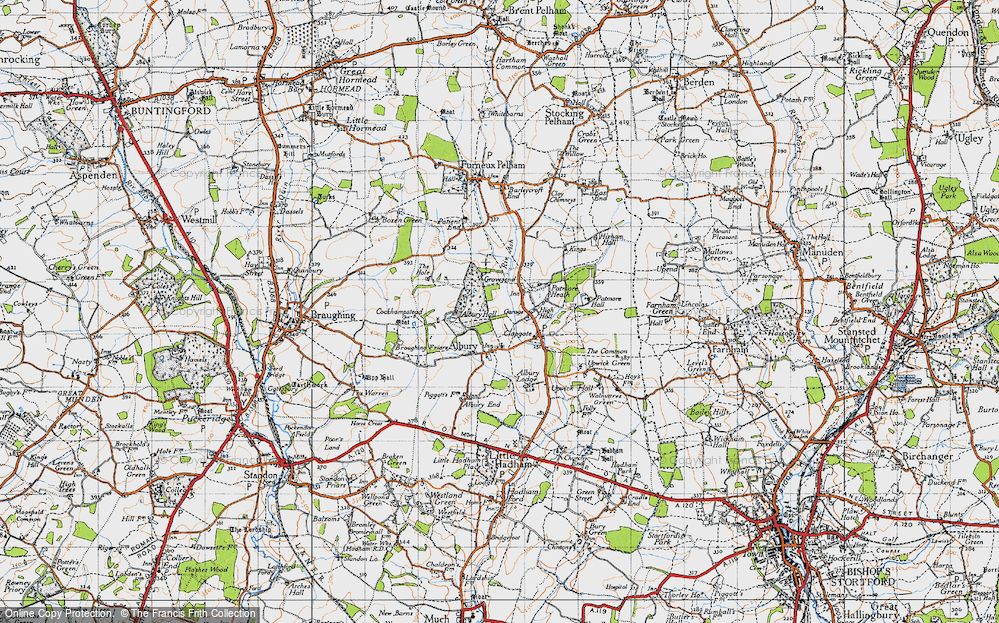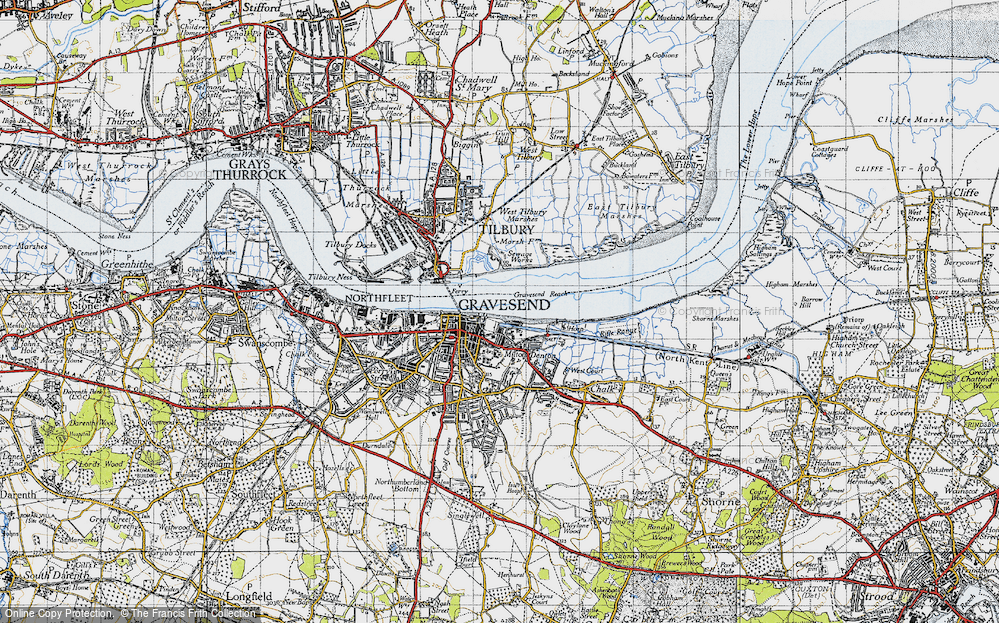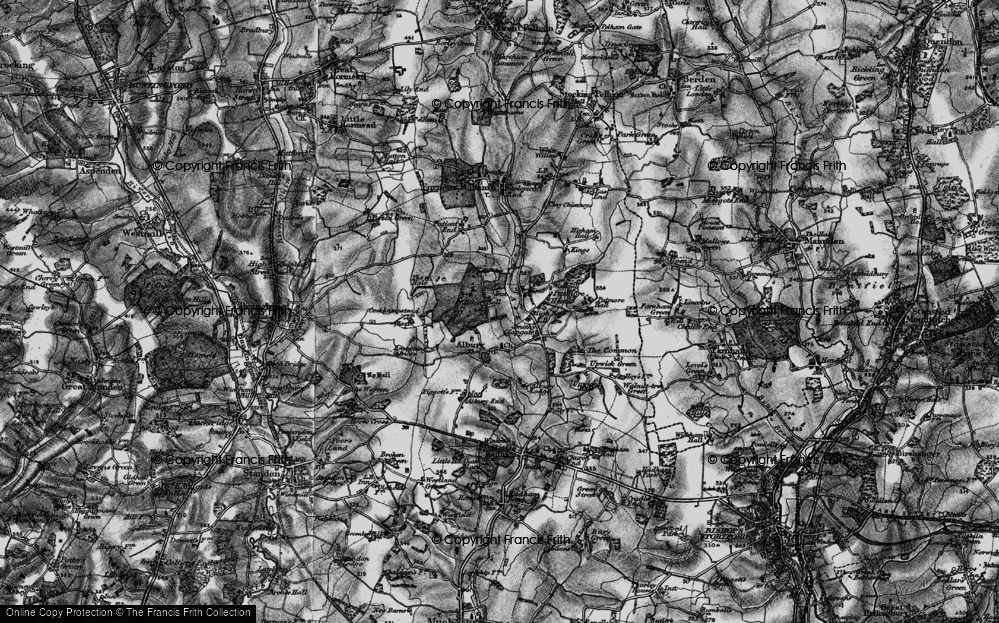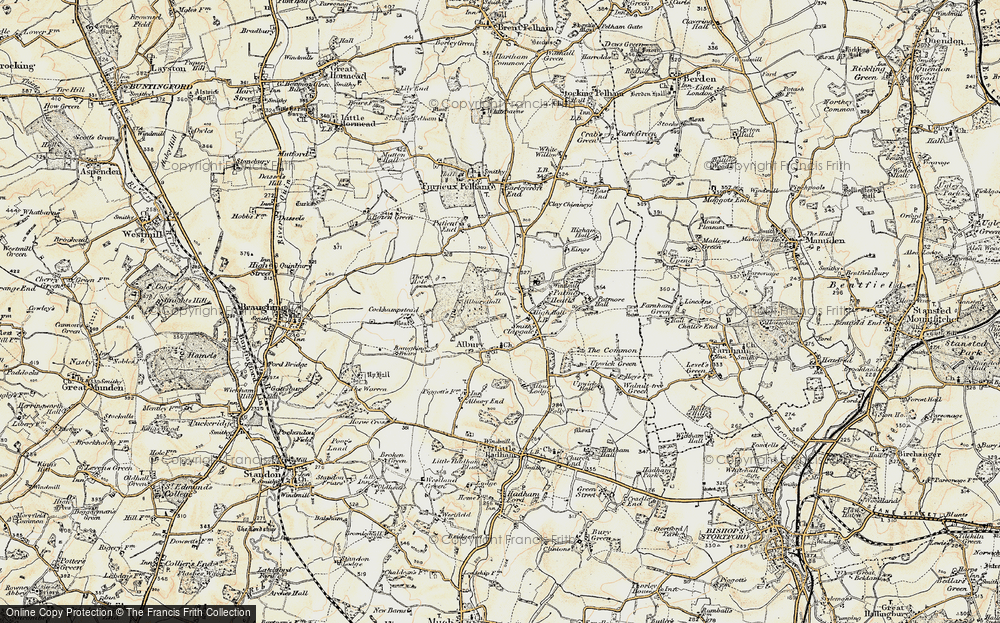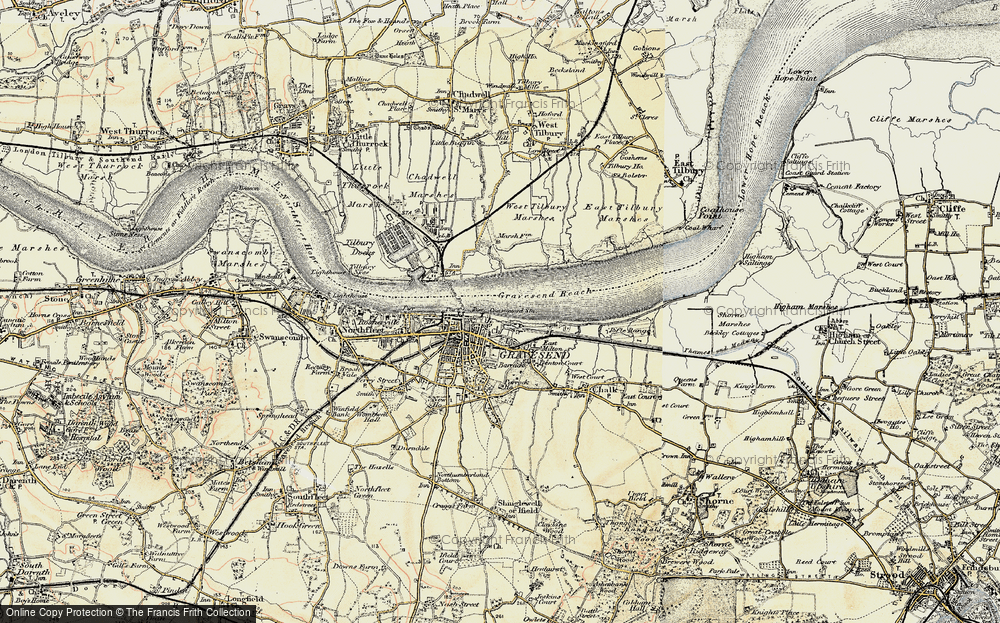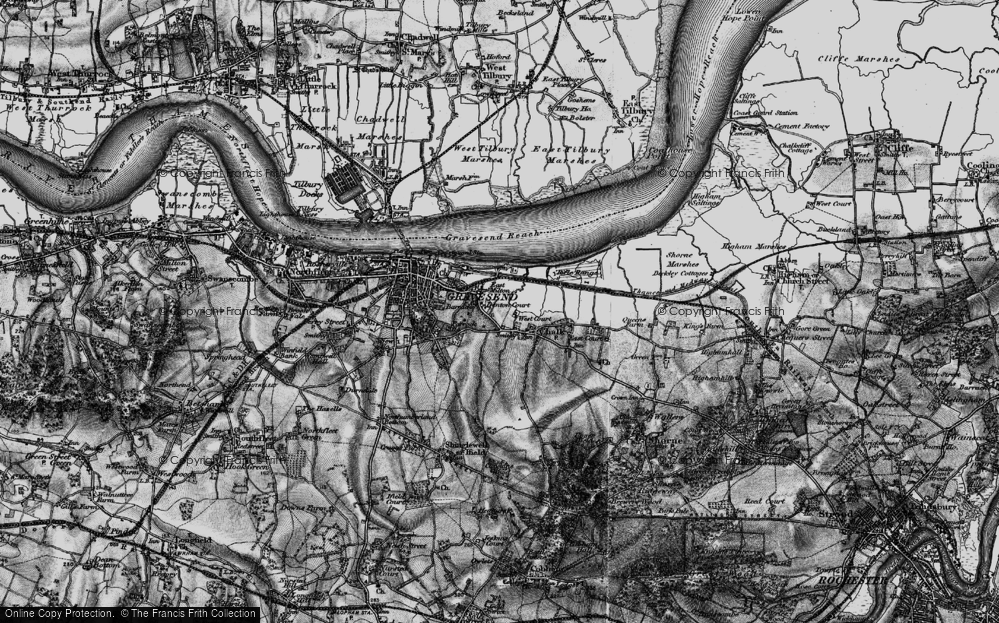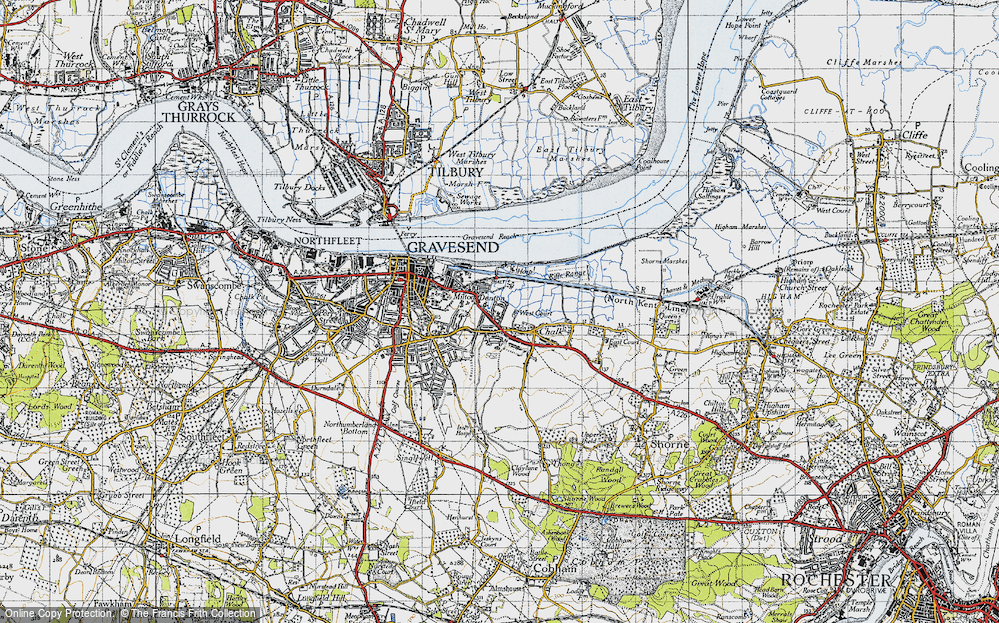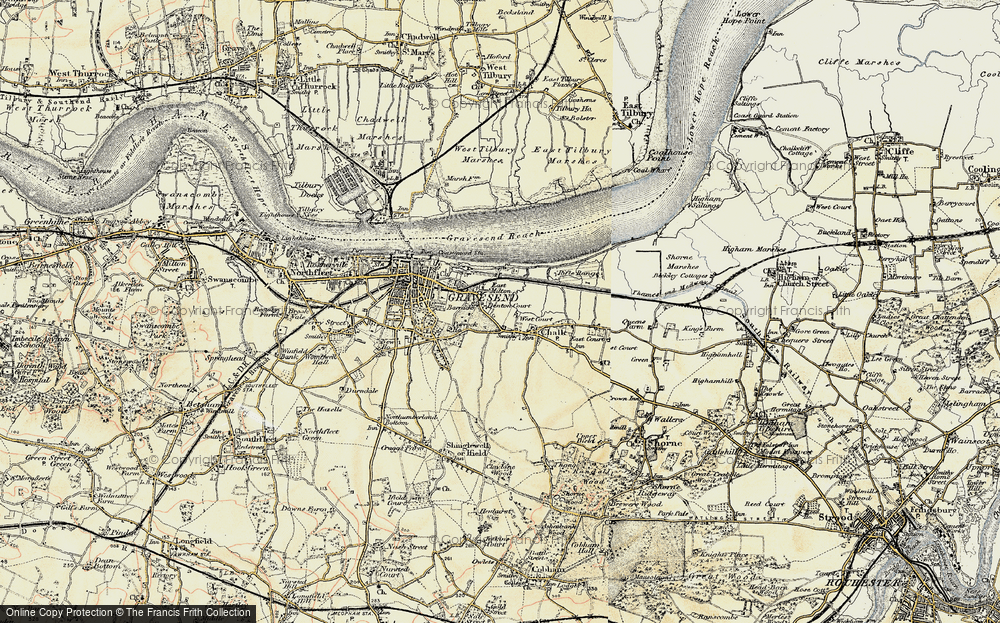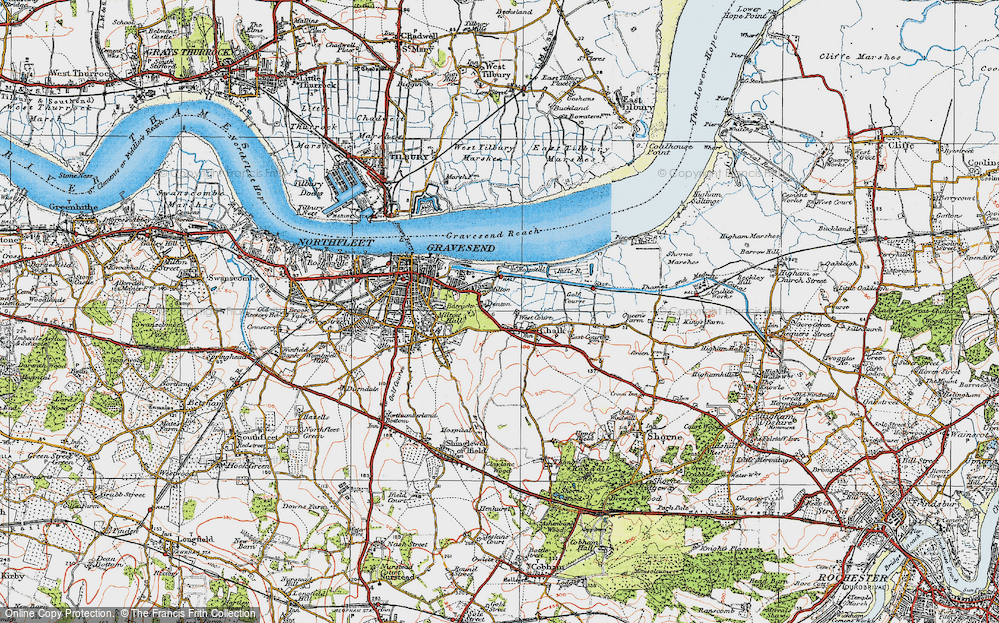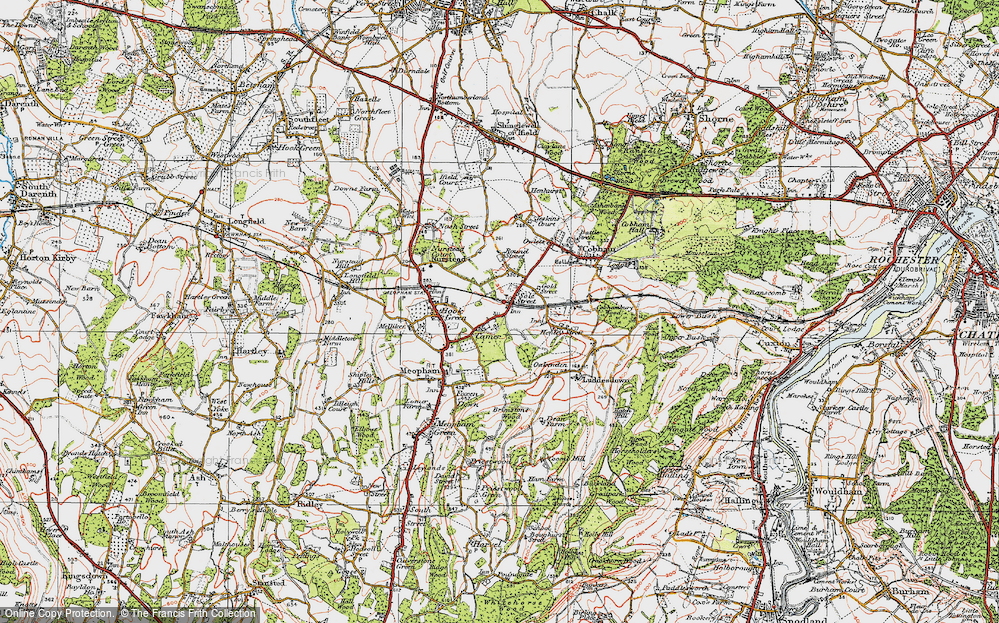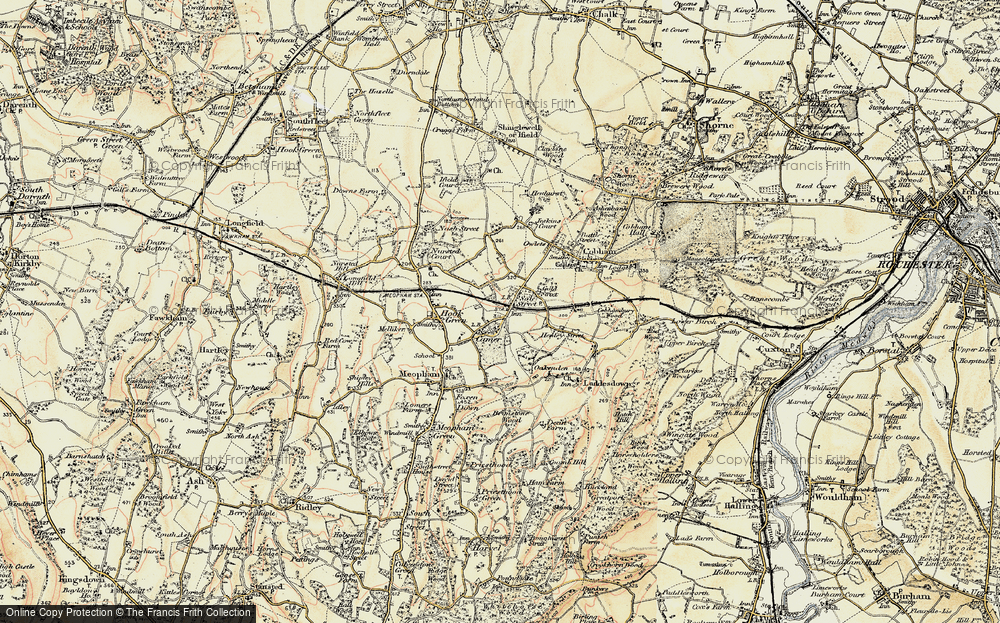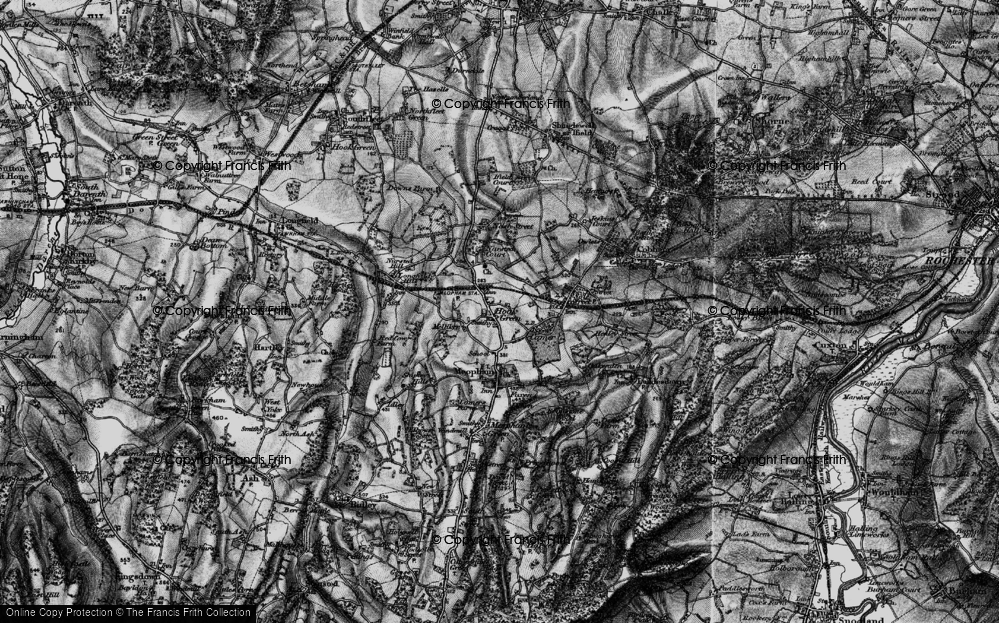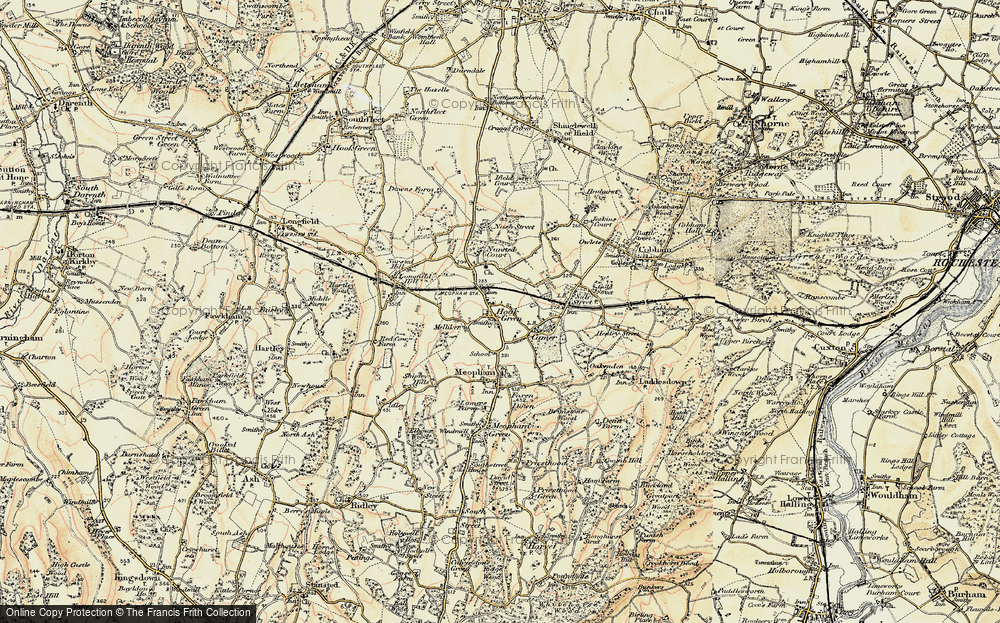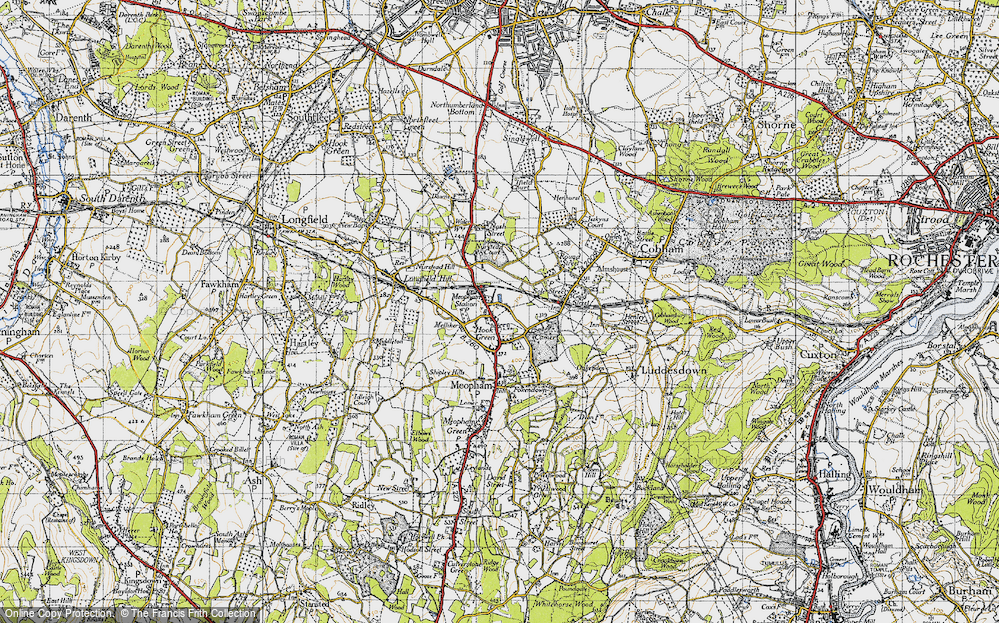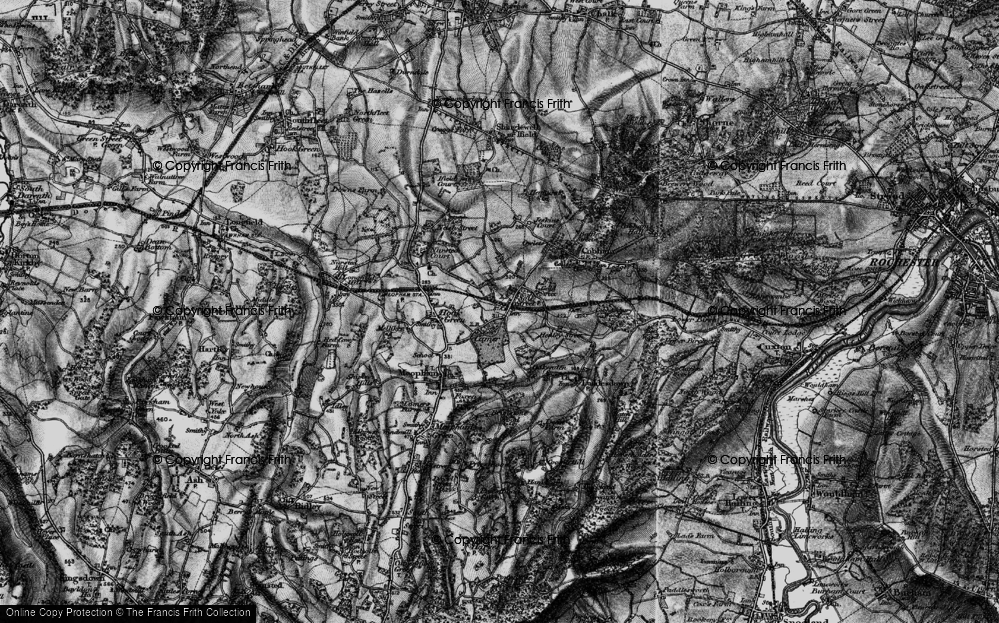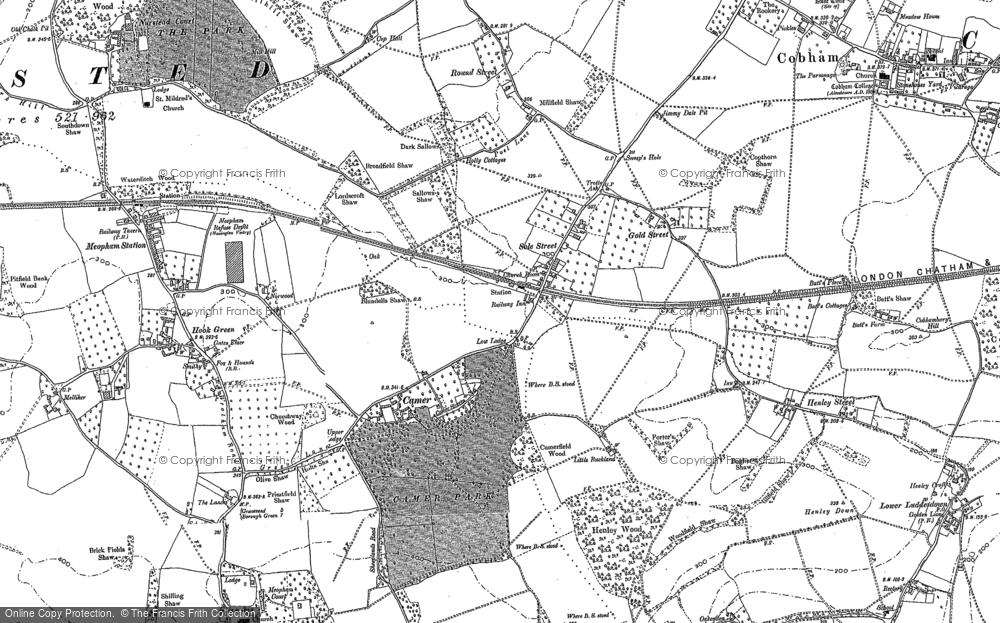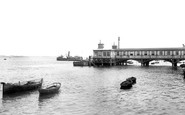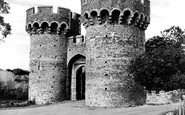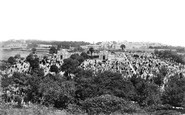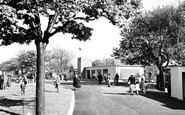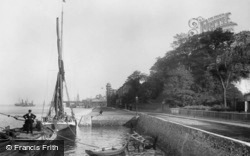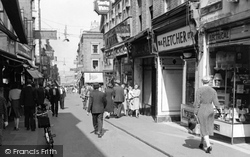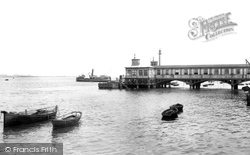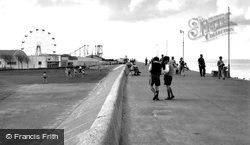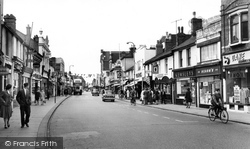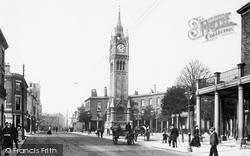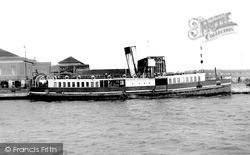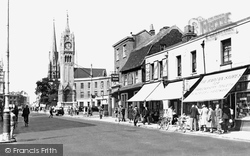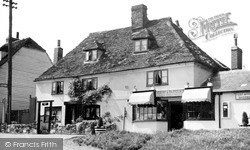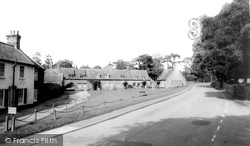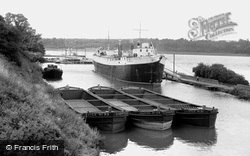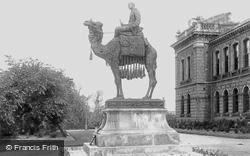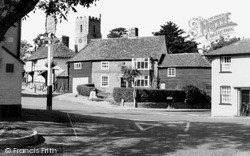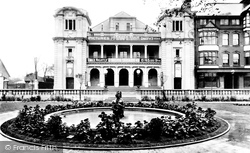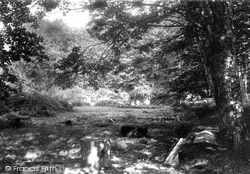Places
5 places found.
Those places high-lighted have photos. All locations may have maps, books and memories.
Photos
122 photos found. Showing results 1 to 20.
Maps
28 maps found.
Books
Sorry, no books were found that related to your search.
Memories
86 memories found. Showing results 1 to 10.
St Mary‘S Children’s Home For Babies
Hi, I was taken to St Mary‘s Nursery, Glen Park View, Leith Road, Gravesend as a baby awaiting adoption. I am curious to know more about this place but cannot find much information, if any on the internet. I know ...Read more
A memory of Gravesend by
My First Glimpse Of Gravesend.
I arrived in Gravesend in 1958 on the back of my boyfriend's motorbike, we had travelled from Colchester in Essex. My father, who was in the army, had been posted to Gravesend so we all had to move. We crossed the river ...Read more
A memory of Gravesend in 1958 by
Hendon Paper Mill
John McCue was a Union Rep at Hendon Mill and left c.1910 following a dispute with management. As a result his son, then about two years old, grew up in Kent where the family relocated to work at The Imperial Paper Mills, Gravesend. ...Read more
A memory of Sunderland by
Cooling Castle Farm
To the right of the photograph is a driveway into the interior of the original castle that was the entrance to Castle Farm operated by F.Elms & Sons and in particular my uncle Harry Elms. He bought the Farm in about 1930 having ...Read more
A memory of Cooling in 1955 by
St Mary’s Graves End
My name is Gary Canham, my brother Richard and I were placed into care at St Mary’s School in Graves End on the 24/04/1961, aged 3 and 2, we remained there till being returned to our mother and stepfather on 22/06/1963. I have ...Read more
A memory of Gravesend by
Diss A Very Pleasant Bolthole
I had many memorable times in Diss. When living in Cambridge, I often, unexpectedly for him, dropped in to see Mr Robert Stubbs who had been living by himself and his toy poodle since his wife's passing many years ...Read more
A memory of Diss by
The Village Square
This view was seen by me every day that I went to school at Judd School in Tonbridge. I caught the bus here. There were two bus routes through the village - Number 9 which ran from Maidstone to Sevenoaks and operated by Maidstone ...Read more
A memory of Ightham in 1950 by
Ford Park Cemetery
The Cemetery, popularly known as Ford Park Cemetery, and owned by the Plymouth, Devonport & Stonehouse Cemetery Company finally went into liquidation in 1999 owing to the decline in burials following the opening of the two ...Read more
A memory of Plymouth by
Happy Summers
I was born and bred in Gravesend. This photo brings back many memories of summer days down the prom! We always came here with my mum. She used to leave us and our cousins in the park behind the cafe whilst they went shopping in town. We ...Read more
A memory of Gravesend in 1969 by
Gillingham, Engine Shed
I lived in Malvern Road and later in Napier road. Spent many happy hours around the engine shed area "spotting". Also doing bike rides along the shore towards Rainham. My farther ran the timber yard in Jeffery street. happy days.. I'm 88 and still holding on in Gravesend, my birth place.
A memory of Gillingham by
Captions
27 captions found. Showing results 1 to 24.
At Gravesend Reach, the River Thames narrows on its way from the North Sea to London Bridge, another twenty-six miles upstream.
At Gravesend Reach, the River Thames narrows on its way from the North Sea to London Bridge, another twenty-six miles upstream.
A final view of Gravesend, this time showing the narrow High Street. No cars can be seen.
Gravesend was the place where those who had died at sea would be offloaded for burial in the town cemetery.
Gravesend has two Victorian piers: the Royal Terrace Pier of 1843 lies to the east of the slightly earlier Town Pier we see in this view.
East of Gravesend, near where the Thames Estuary meets the North Sea, is Sheerness, a port and seaside resort on the north-west corner of the Isle of Sheppey.
The bus stop outside the Britannia public house is for bus numbers 26, 26A, 39 and 40; opposite, a No 26 bus heads for Gravesend.
Gravesend is a busy industrial town on the river Thames; here the river narrows to become a London river, and coastal pilots hand over to the river men.
Street, just visible on the extreme left and next door to the Jackson Brothers' drapery store, was founded by John Samuel Caddell, a stationer, bookbinder, stamp distributor and the publisher of the Gravesend
The current Gravesend ferry sails from the right quay, and the harbour buildings are now the London International Cruise Terminal; the great modern container port that supplanted the London Docks are to
Anchored off Gravesend is the torpedo gunboat HMS 'Gleaner', built at Sheerness Dockyard in 1890 and sold off in 1905; by that time the faster torpedo boat destroyer, later abbreviated to destroyer, had
Gravesend is a busy industrial town on the river Thames; here the river narrows to become a London river, and coastal pilots hand over to the river men.
We are keeping to the Kent bank of the Thames Estuary as the river reaches Gravesend, beyond the Queen Elizabeth II Bridge at Dartford.
Gravesend.
She died at Gravesend on the long journey home.
Built in 1883 as the steel sailing ship 'Arranmore', she spent a number of years as a floating seamen's hostel at Gravesend before being towed to Sharpness in August 1939.
Street, just visible on the extreme left and next door to the Jackson Brothers' drapery store, was founded by John Samuel Caddell, a stationer, bookbinder, stamp distributor and the publisher of the Gravesend
He had been in command of the Royal Engineers at Gravesend from 1865-71, and was responsible for the construction of the protective forts along the Thames.
He had been in command of the Royal Engineers at Gravesend from 1865-71, and was responsible for the construction of the protective forts along the Thames.
Watling Street, three miles south-west of Gravesend. It gained its name from a river passage that once reached it from the Thames at Northfleet.
In 1914 the Palladium was offering a picture show every afternoon and George Graves & Co twice nightly.
Graves and ivy-clad ruins are shown beside the Monks' Cemetery of Bindon Abbey. The community was founded for the Cistercian Order by William de Glastonia in 1149.
Graves and ivy-clad ruins are shown beside the Monks' Cemetery of Bindon Abbey. The community was founded for the Cistercian Order by William de Glastonia in 1149.
In 1914 the Palladium was offering a picture show every afternoon and George Graves & Co twice nightly.
Places (5)
Photos (122)
Memories (86)
Books (0)
Maps (28)




